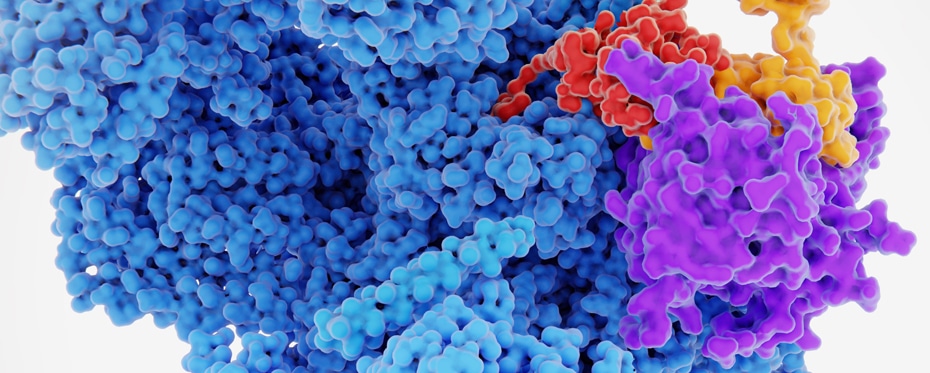Tag: Protein degradation
Regulators of protein degradation as potential treatments for neurodegenerative disease

Neurodegenerative diseases, such as Alzheimer’s and Parkinson’s disease, are characterised by the accumulation of misfolded and damaged protein aggregates. Normally, proteins that are damaged or malfunctioning are destroyed by the ubiquitin proteasome system (UPS). However, the UPS itself is impaired in several instances of neurodegenerative diseases. Dr David Smith and his team at the School of Medicine, University of West […]
Targeted protein degradation: A new direction for treatment of diseases

Many illnesses are currently treated with drugs that block the action of disease-causing proteins. Often, these drugs work well initially, but over time can become toxic or less effective. A new class of therapeutics called protein degraders, including proteolysis targeting chimeras (‘PROTACs’) and molecular glues shows promise to overcome these challenges. They do so by targeting the disease-causing protein for destruction, […]
Read More… from Targeted protein degradation: A new direction for treatment of diseases